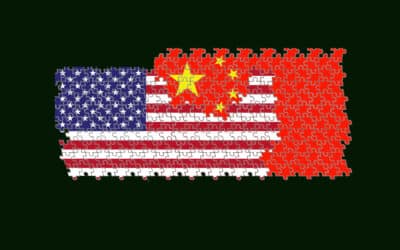“People in Idlib hate all those with power over them,” says Ahmad Abu Omar, 33, a history teacher living in the province, the last opposition enclave in the west of Syria.
He says that the three million people of Idlib fear a return of government forces, but are almost equally hostile to the armed opposition groups now ruling Idlib because they have spread violence and chaos. He sees Turkey and Russia, who this week started implementing their ceasefire agreement to prevent a government offensive into the province, as acting solely in their own interests.
Abu Omar, in an exclusive interview with The Independent from Idlib city via Whatsapp, describes the mood as war weary and disillusioned. The province south west of Aleppo was once a stronghold of the armed opposition after the original uprising of 2011. Hostility towards the government in Damascus is still intense, but so is antipathy towards its opponents. “At the beginning you could see the youth rushing to fight [against government forces],” says Abu Omar. “But now nobody cares about fighting and religious belief can no longer motivate people to fight for those in control here [the armed opposition].”
Abu Omar, who does not want his real name published because of fear of retribution, was speaking as Russia and Turkey were implementing the terms of agreement reached by president Vladimir Putin and president Recep Tayyip Erdogan at Sochi in September. The terms of the deal show the extent to which Turkey and Russia are now the dominant powers in northwest Syria. They have established a demilitarised zone 15-20 kilometres wide to separate opposition and Syrian government forces which is being monitored by Turkish and Russian patrols. Opposition heavy weapons such as tanks, rocket systems and mortars have been withdrawn, along with 1,000 fighters.































